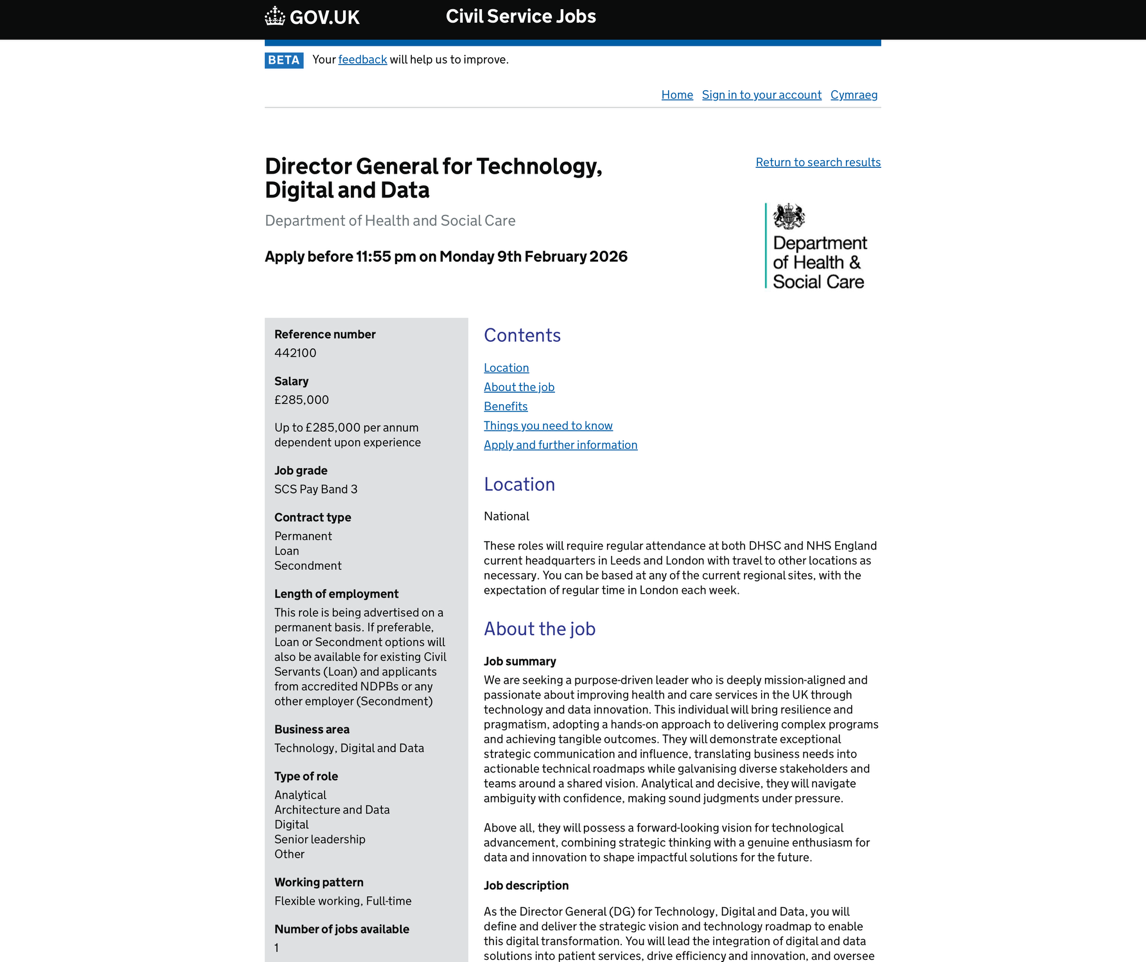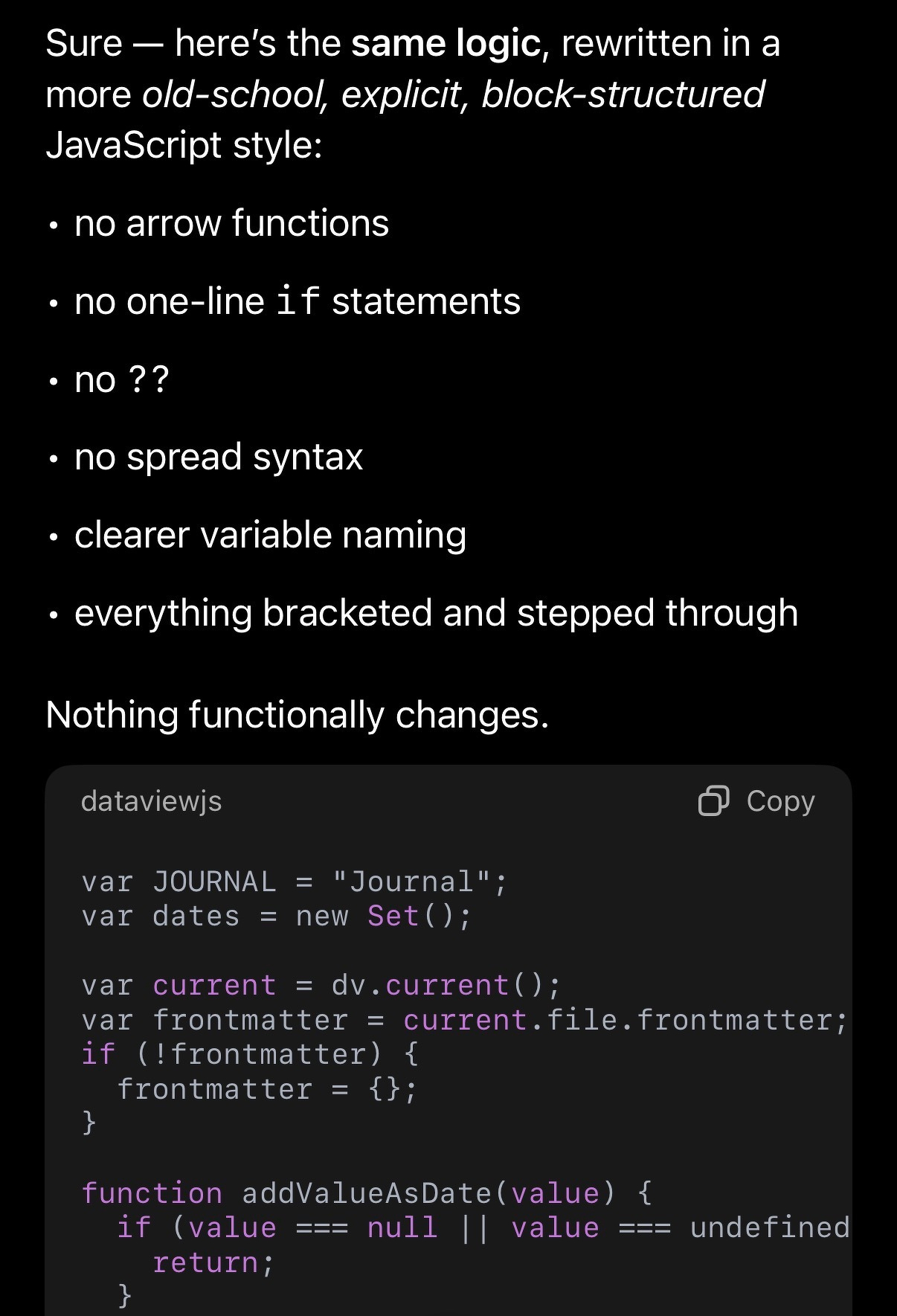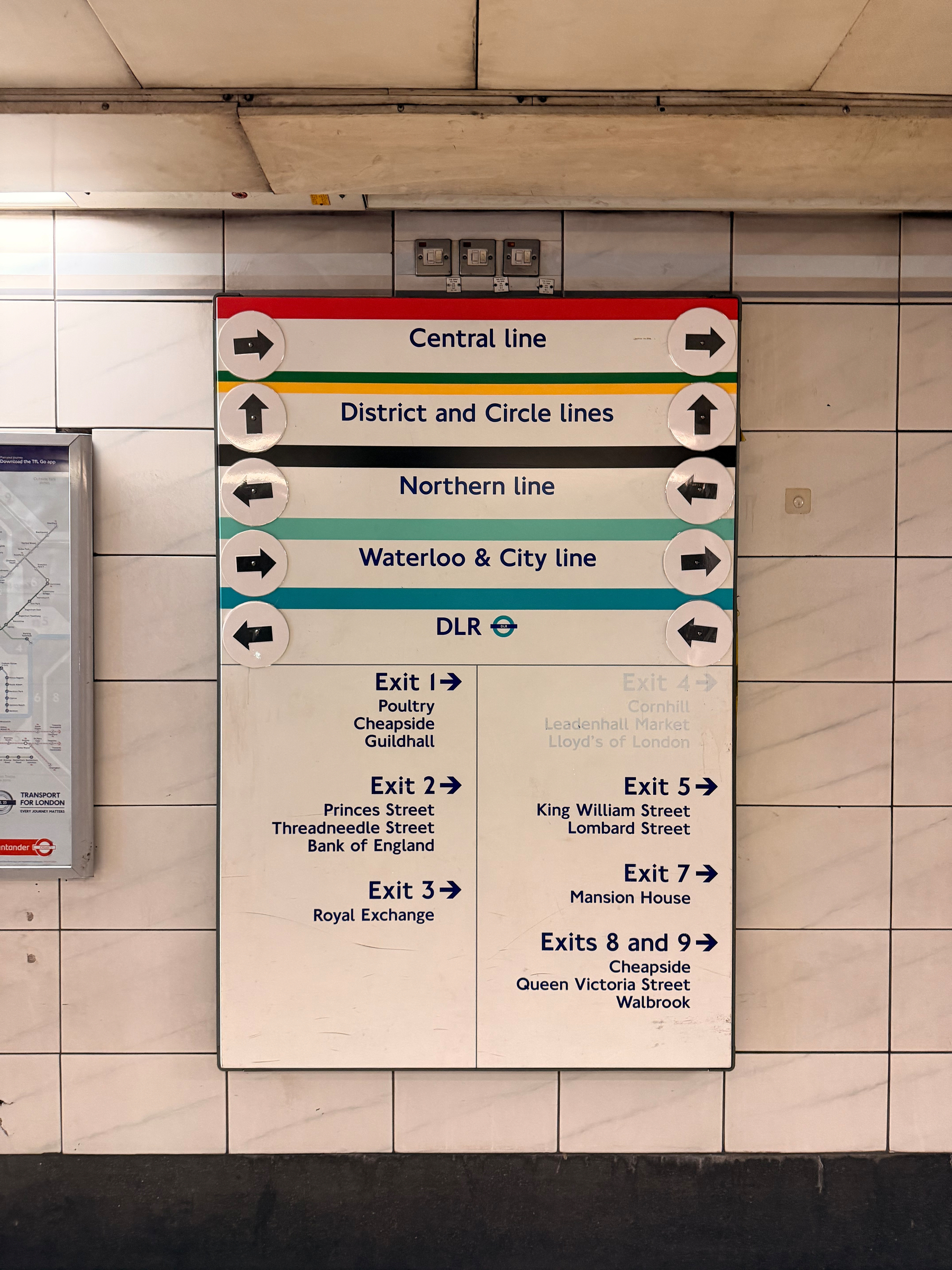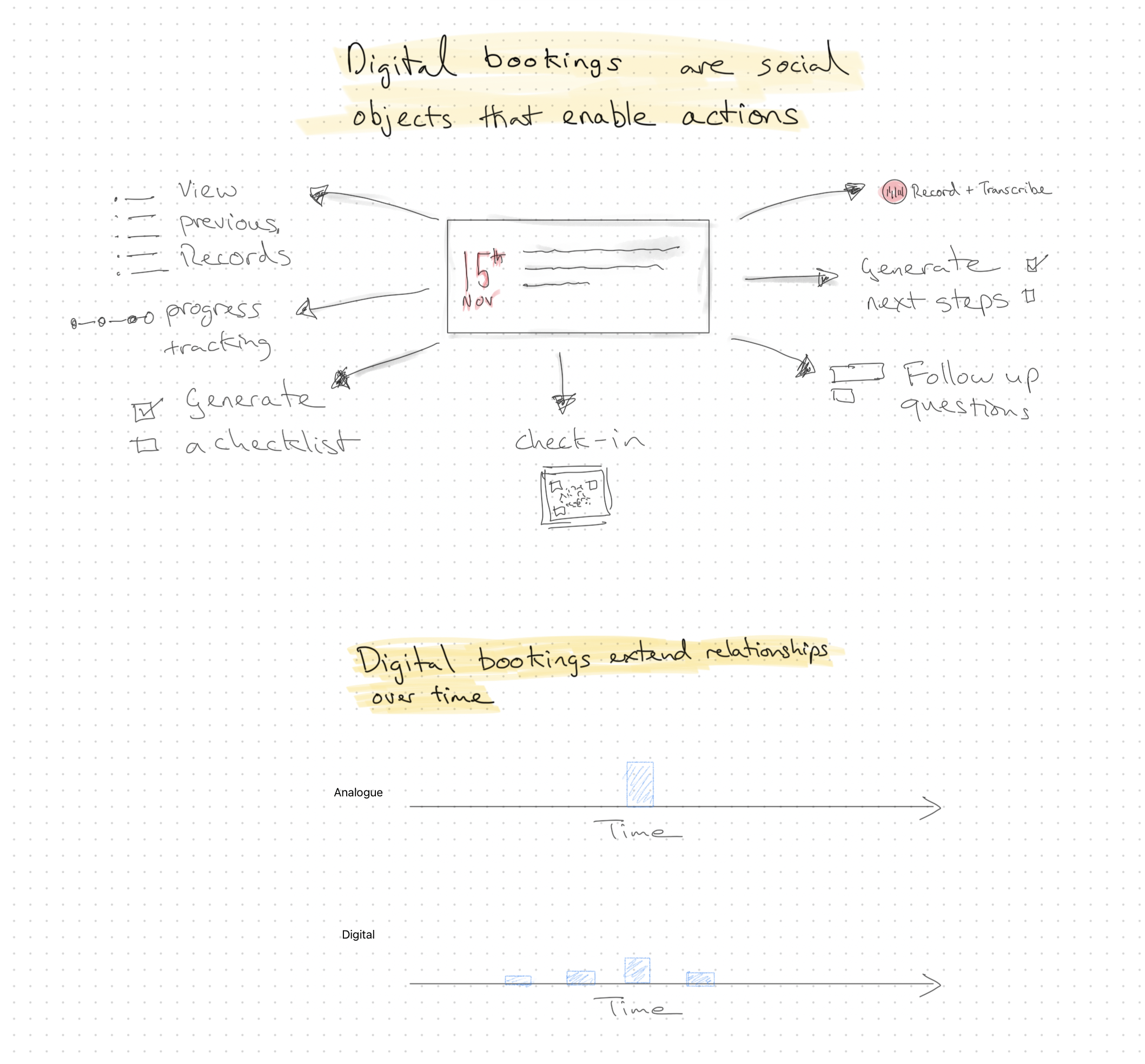Noting that there are a couple of weeks left for people to apply for a digital job that could be make or break for the NHS: Director General for Technology, Digital and Data Department of Health and Social Care
Here’s a screenshot as I’m pretty sure no one clicks past the ‘I’m not a robot’ page.

Given the word ‘Tory’ predates the Conservertive Party, I wonder if it might, at some crutical mass of defections, detach itself from that party and attach onto a new host?
Trump denounced the ICC, and then the ICC lost its Outlook access, its email archives, its working files, its address books, its calendars?
Microsoft says they didn’t brick the ICC – that it’s a coincidence. But when it comes to a he-said/Clippy-said between the justices of the ICC and the convicted monopolists of Microsoft, I know who I believe.
The handful of US Big Tech companies that supply the world’s administrative tools are all vulnerable to pressure from the Trump admin, and that means that Trump can brick an entire nation.
I wonder how many government departments, NHS trusts and local councils have disaster recovery plans in place for US cloud providers being blocked by sanctions?
As is now seemingly traditional, new year optimism about work productivity not survived contact with reality. Mid Jan already and clocked up 2.5 days work, despite being busy constantly.
The principles behind indiweb (https://indieweb.org) and open source are, it seems, more important for nation states and public institutions than they are for individuals
Public institutions who publish on social media should own the definitive version. It’s the same logic that means they routinely publish press releases that then get reported in multiple newspapers.
Given blog gov uk exists and runs on the open source Wordpress platform, it should be trivial to add support for status updates (there is an existing plug in wordpress.com/plugins/m… - it’s then a choice if those get syndicated to specific platforms)
2025 reflections part 1
I’ll publish some positives from 2025 in a follow up post, but I can’t start there. For family reasons 2025 has been a hard year in a decade of very hard years and that’s made work hard too. There were definitely some positives. In the first half of the year I managed to do some talks about Platformland, including a bit of travel, before having to pull the plug in June. ... moreUsing ChatGPT to write an Obsidian addon * and had to tell it to rewrite the code to 00’s era javascript so I could understand / edit it.

- it displays an ‘add to journal’ button for each date it spots on the historic crufty old notes and bookmarks I’ve imported recently
Parts of the proposed amendments to the US ESTA system read like: “our website is awful, we’ve just got to decommission our website”
Aerated concrete and EHCPs
I was up until midnight last night trying to battle a local authority Education, Health and Care Plan system (EHCP). The system itself is essentially unusable, so the council maintains a parallel system of Word documents and secure mail. Educational psychologists, schools and parents end up maintaining their own ad hoc systems too. I had to download a copy of Microsoft Word to try and the track changes — the ones that were just crossed out and the ones that were meant to be actual changes. ... moreGiven question of government use of X has come up again, I’d like to make the argument for the creation of micro.blog.gov.uk that uses the indieweb.org/Micropub standard + syndication as white label product that can be used by HMG, devolved government, local etc.
MPs on the select committee said the UK needed to develop greater “sovereign” technology capacity, award more contracts to smaller, local providers, and be less reliant on deals that resulted in government departments becoming locked into services with US firms.
I saw a band called TheWheel2! at the Windmill in Brixton at the weekend. At the time I wrote down ‘Dylan goes electric then goes new romantic’, which I’m not sure stands up on a second listen, but they were very good:
Some design provocations about preventative healthcare and designing for the service loop …
Preventative healthcare: designing for the service loop
Also on Medium: medium.com/@richardj…
Includes: why designing for preventative healthcare is a bit like BERG’s Here & There horizonless projection map of New York
Some (slightly belated) thoughts on the UK announcability-first announcement on digital identity: Digital identity and the UK government’s announceability problem
If it was easy to improve patient experience of NHS admin it would have been sorted long ago. The depth and breadth of admin failures that many people continue to experience suggest that fixing admin is a highly complex area that requires resources, skill, leadership – and, perhaps most importantly, standing in the shoes of patients and carers and seeing admin from their perspective.


